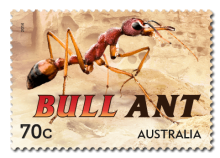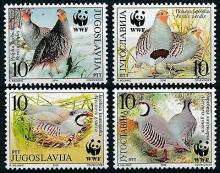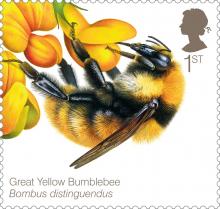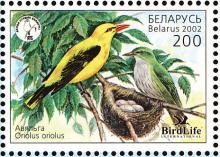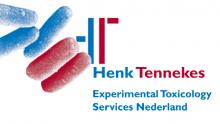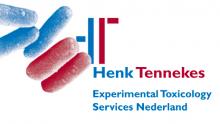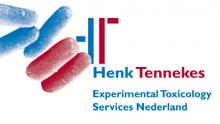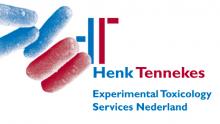Long-term effects of neonicotinoid insecticides on ants
The widespread prophylactic usage of neonicotinoid insecticides has a clear impact on non-target organisms. However, the possible effects of long-term exposure on soil-dwelling organisms are still poorly understood especially for social insects with long-living queens. Here, we show that effects of chronic exposure to the neonicotinoid thiamethoxam on black garden ant colonies, Lasius niger, become visible before the second overwintering.

